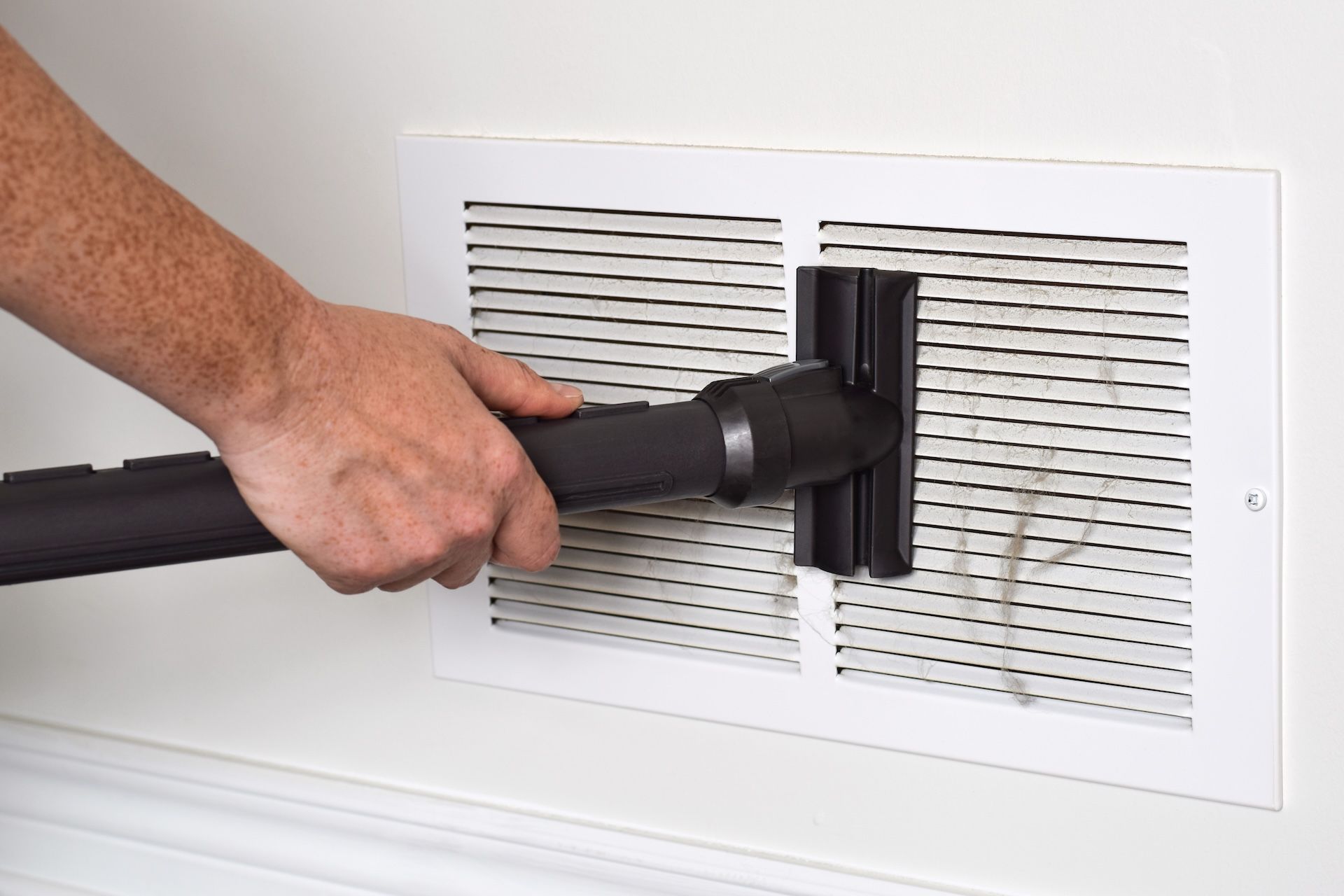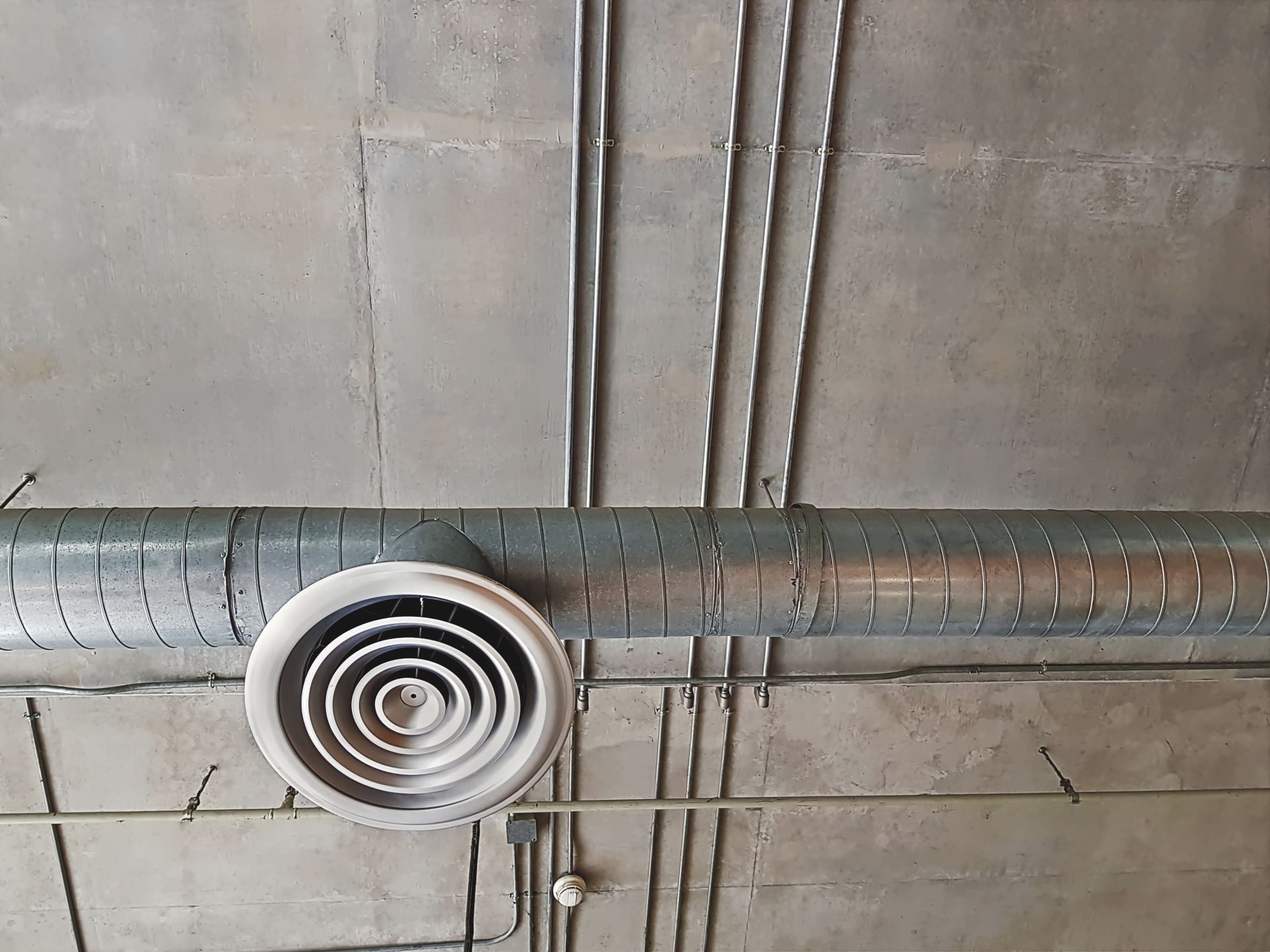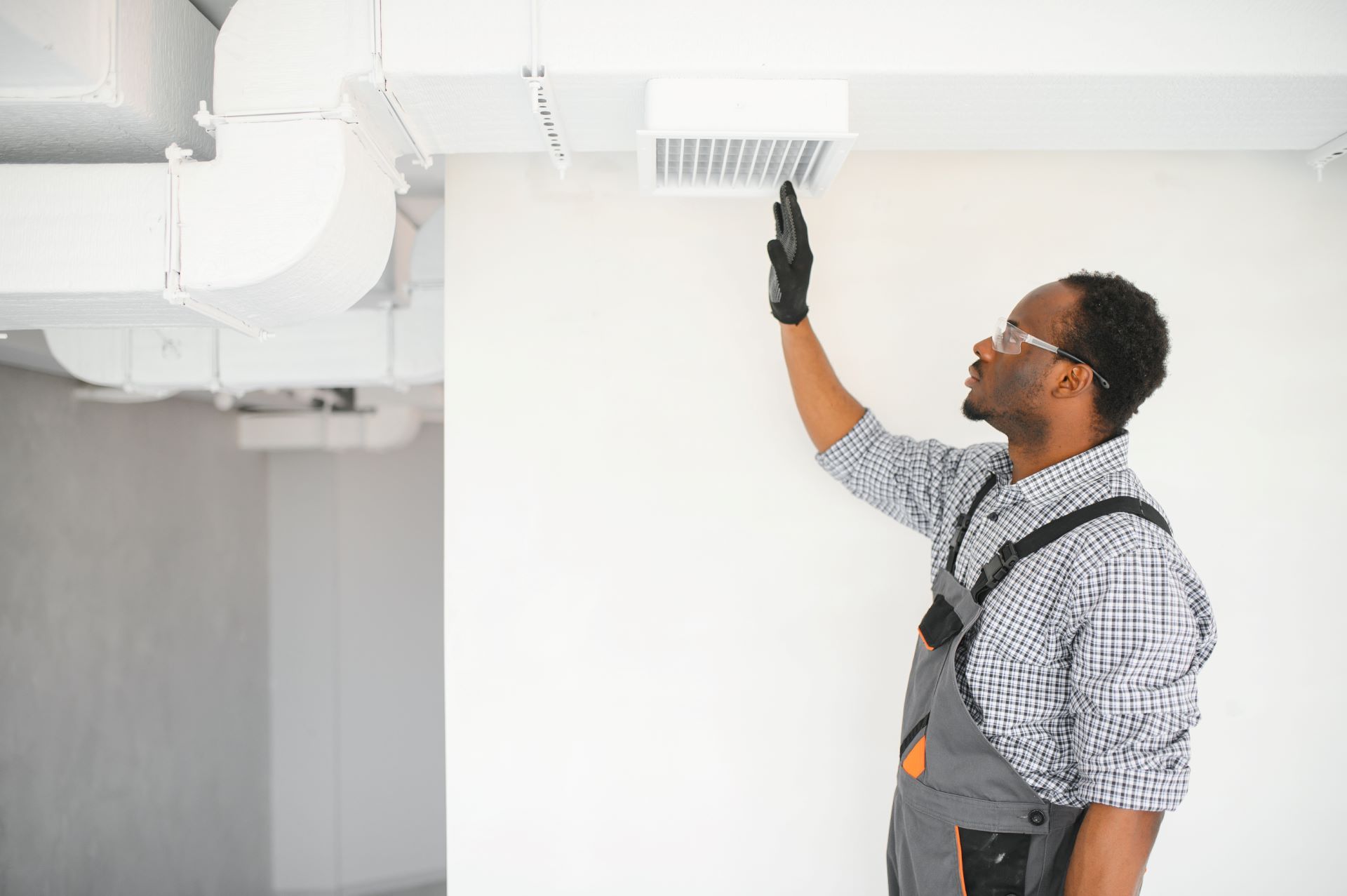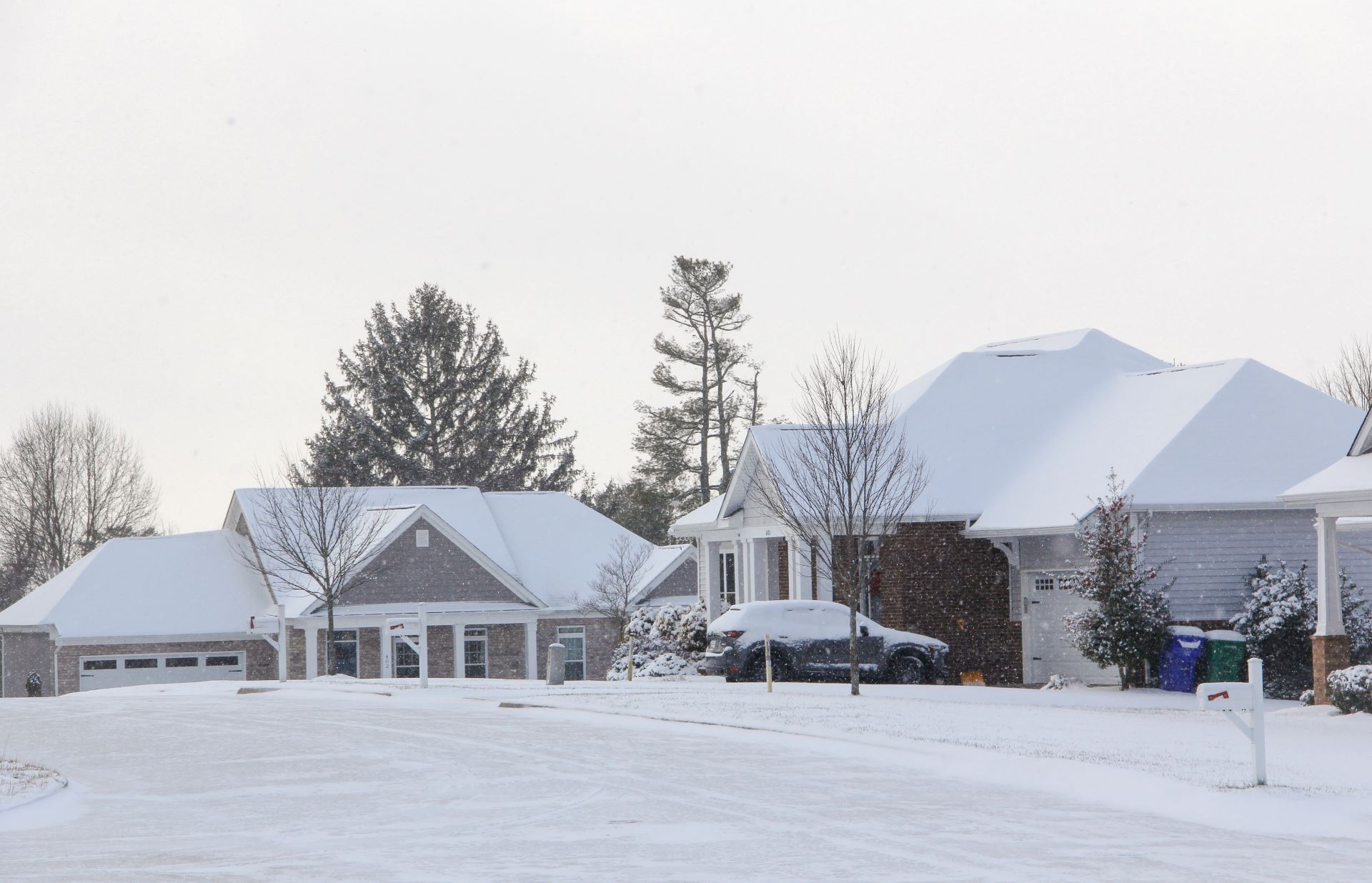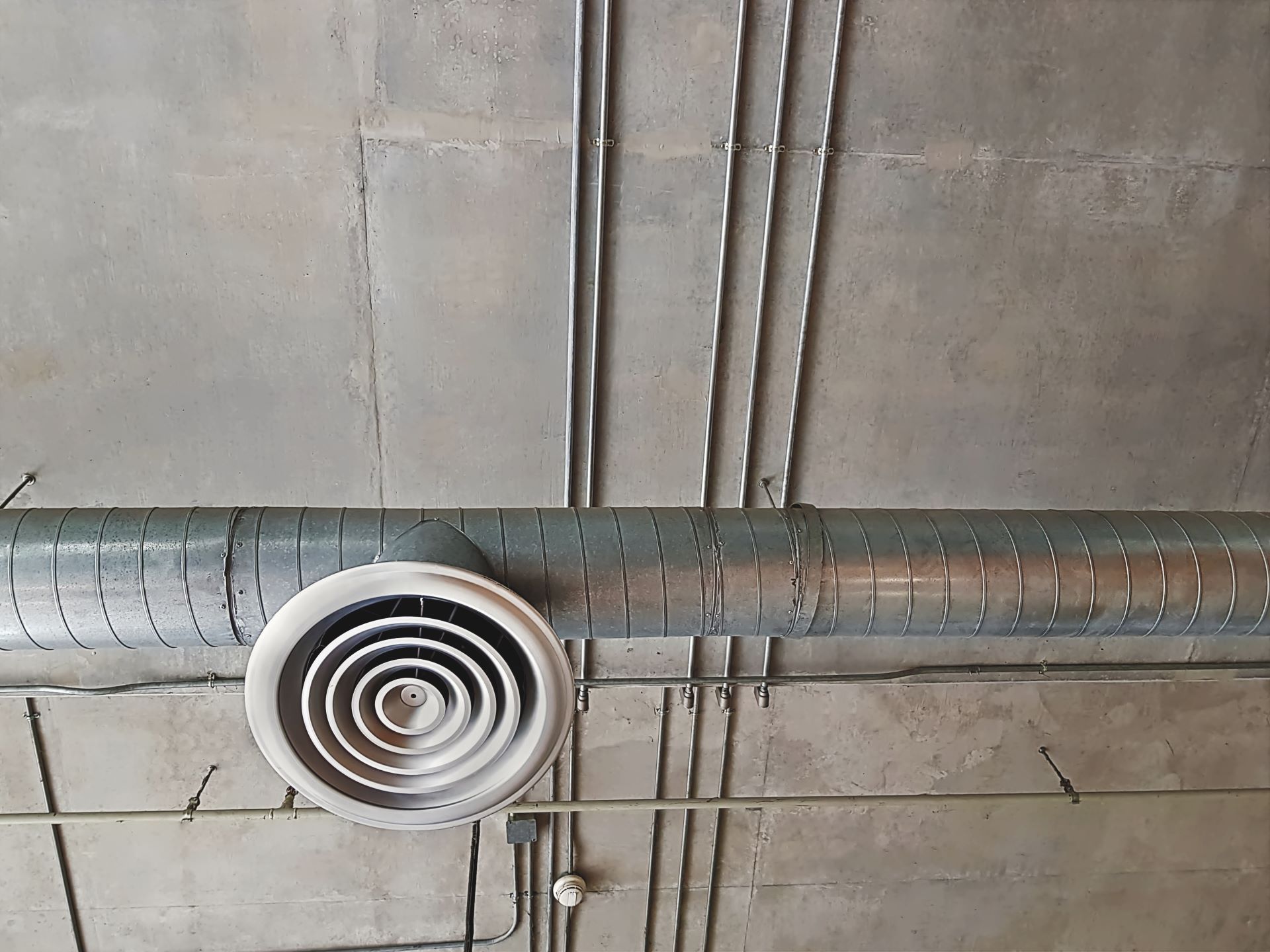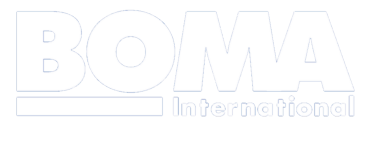Does insurance cover HVAC cleaning?
One of the most common questions homeowners ask when scheduling
HVAC cleaning
is: Does insurance cover HVAC cleaning? HVAC cleaning is essential for maintaining healthy indoor air quality and optimizing your system’s performance, but understanding whether insurance will cover this service can be confusing. Typically, HVAC cleaning is not covered by insurance.
In this blog, we’ll break down whether or not home insurance covers HVAC cleaning, when it might be covered, and what options homeowners have if cleaning isn’t covered by insurance.
In this blog, we’ll break down whether or not home insurance covers HVAC cleaning, when it might be covered, and what options homeowners have if cleaning isn’t covered by insurance.
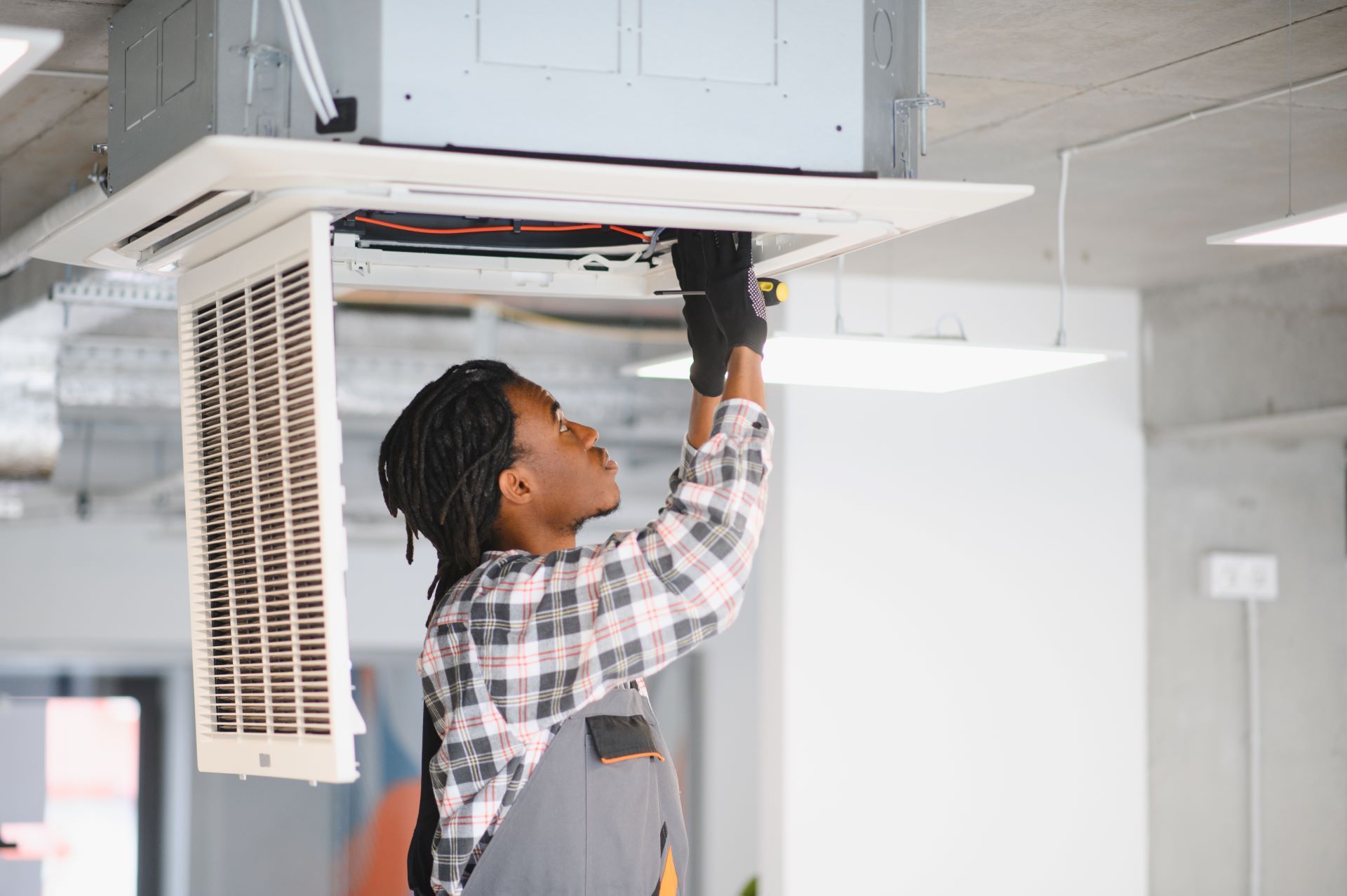
What Does HVAC Cleaning Include?
Before we dive into insurance details, let’s first understand what HVAC cleaning consists of. HVAC cleaning generally involves cleaning several components of your heating, ventilation, and air conditioning system to improve air quality, increase energy efficiency, and extend the life of your equipment. Services typically include:
While regular cleaning is an essential part of HVAC maintenance, it is often considered a routine service that is not covered by most insurance policies.
- Air Duct Cleaning : Removing dust, dirt, and debris from your air ducts and vents.
- Furnace Cleaning : Vacuuming and cleaning the blower motor, heat exchanger, and other furnace components.
- Coil Cleaning : Cleaning the evaporator and condenser coils to ensure efficient heat transfer.
- Air Filter Replacement : Swapping out dirty filters that restrict airflow.
- Cleaning Registers and Grilles : Ensuring air registers are free of debris and allow proper airflow.
While regular cleaning is an essential part of HVAC maintenance, it is often considered a routine service that is not covered by most insurance policies.
Is HVAC Cleaning Typically Covered by Homeowners Insurance?
In most cases,
HVAC cleaning is not covered
by standard homeowners insurance policies. Here’s why:
- Homeowners insurance is designed to protect against unexpected events like fire, water damage, or vandalism. It covers repairs or replacement of your HVAC system if it’s damaged in a covered incident.
- Routine maintenance , like HVAC cleaning, is generally considered the homeowner’s responsibility, as it prevents major issues and extends the system's lifespan, but doesn’t qualify as a covered event under insurance.
When Can HVAC Cleaning Be Covered by Insurance?
Though HVAC cleaning is generally not covered by insurance, there are specific situations where cleaning may be included as part of a larger insurance claim:
Post-Damage Coverage
If your HVAC system is damaged due to an insured event—such as a flood, fire, or severe water damage—your insurance may cover the cost of cleaning the system once repairs have been made. In this case, the cleaning would be required to ensure contaminants like mold, smoke, or bacteria are removed from the system before it’s reactivated.Health-related Claims
In rare cases, HVAC cleaning might be covered if it’s necessary due to a health-related issue, such as mold growth in your HVAC system that could lead to serious respiratory problems. If the mold or other pollutants are tied to a covered event, such as a water leak, it might be possible to include cleaning in the insurance claim.Specialized Policies
Certain policies, like rental property insurance, business insurance, or specialized home maintenance policies, may offer limited coverage for maintenance services like HVAC cleaning. If you have a custom policy, it’s always best to check the fine print to see if cleaning is included.What Should Homeowners Do if They Want HVAC Cleaning Covered?
If you’re hoping to have HVAC cleaning covered by insurance, here are the steps you can take:
1. Review Your Policy
Take a look at your homeowners insurance policy to see if there are any provisions for HVAC cleaning after damage or a health issue. Most standard policies won’t cover it, but reviewing your coverage will give you clarity.2. Contact Your Insurance Provider
If you’re still unsure, call your insurance provider and ask directly whether HVAC cleaning could be covered in any specific circumstances (such as following water damage or mold contamination). It’s always best to get confirmation before proceeding.3. Keep Detailed Documentation
If HVAC cleaning is necessary due to damage, document the issue thoroughly (photos, reports, etc.) to help with your insurance claim. Having clear proof of damage and the need for cleaning can support your case.Alternative Financing Options for HVAC Cleaning
If your HVAC cleaning isn’t covered by insurance, there are still options for financing the service:
1. Payment Plans
Many HVAC cleaning companies, including Midwest Duct Cleaning, offer payment plans or financing options to make the cost more manageable.2. Health Savings Accounts (HSAs) or Flexible Spending Accounts (FSAs)
In some cases, HSAs or FSAs may cover air quality improvement services, including HVAC cleaning. Check with your account provider to see if this is a possibility.3. Tax Deductions
For homeowners who run home-based businesses or have rental properties, HVAC cleaning may qualify for tax deductions. Check with your tax professional to see if you can write off cleaning expenses.Why Regular HVAC Cleaning is Worth the Investment
Even though
HVAC cleaning isn’t typically covered by insurance
, it’s still a worthwhile investment for several reasons:
- Prevents Expensive Repairs : Regular cleaning helps identify potential issues before they become costly problems.
- Improves Air Quality : Clean HVAC systems reduce the amount of dust, allergens, and mold circulating through your home.
- Increases Efficiency : A clean system works more efficiently, which can lower your energy bills.
- Extends Equipment Lifespan : By keeping your system clean, you ensure it lasts longer and runs more effectively.
Schedule Your HVAC Cleaning Today
While it’s unlikely that your insurance will cover HVAC cleaning, the benefits of regular service far outweigh the cost. If you’re ready to improve your air quality and system efficiency, schedule an HVAC cleaning with
Midwest Duct Cleaning
today. Our experienced technicians are here to ensure your system runs smoothly, year-round.
Contact us today!
Contact us today!

Blog Contact Form
Thank you for contacting us.
We will get back to you as soon as possible.
We will get back to you as soon as possible.
Oops, there was an error sending your message.
Please try again later.
Please try again later.

